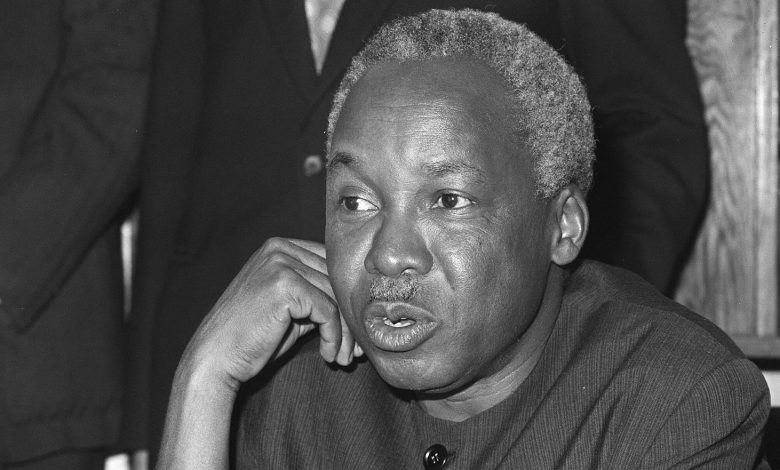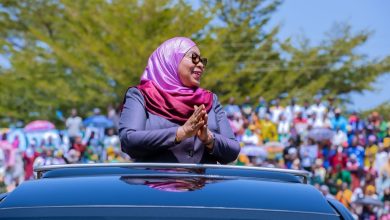Youths urged to honour Nyerere’s peace legacy

DAR ES SALAAM: TANZANIAN youths have been urged to honour the legacy of the Father of the Nation, Mwalimu Julius Nyerere, by safeguarding the peace and stability that the country continues to enjoy and rejecting any actions that could threaten national unity.
The call was made by veteran historian and senior citizen Sheikh Mohammed Said during an exclusive interview with the ‘Daily News’ at his residence in Magomeni, Dar es Salaam recently.
Sheikh Said noted that Mwalimu’s enduring message on the importance of peace and stability remains highly rel- evant, particularly as the country heads towards the General Election slated for 29 October.
As the nation marks 26 years since Mwalimu Nyerere’s passing, Sheikh Said delivered a firm message to the younger generation, “never take peace for granted and always strive to uphold the values of unity, justice and patriotism established by the founding father.”
“This peace did not come cheaply,” he said, warning; “It must be protected, especially by the youth, for the benefit of future generations.”
Citing Nyerere’s own warnings, Sheikh Said reiterated that young people must remain vigilant and not grow complacent about the peace they currently enjoy.
“Youth is like hot water; it can resemble madness. Young people often see only what is right in front of them, not what lies ahead. In times of turmoil, they must understand that chaos rarely leads to victory.”
He referred to recent uncalled- for unrest in a neighbouring country, widely circulated under the ‘Gen-Z movement’, where youth led protests resulted in violence and destruction.
According to him, maintaining peace is not merely about refraining from violence—it also requires unwavering commitment to justice from those in leadership.
“Leaders must uphold justice. Where justice prevails, peace follows,” he said.
Sheikh Said lauded Mwalimu Nyerere’s integrity and principles, describing him as a leader who was neither tempted by wealth nor influenced by self-interest.
ALSO READ: Nation intensifies call for unity, peace in Nyerere’s honour
He said Nyerere always prioritised the well being of the people and the nation.
Reflecting on Tanzania’s journey to independence, Sheikh Said recalled the controversial tripartite voting system imposed by colonial authorities
Under the system, each voter was required to cast three votes: one for a European candidate, one for an Asian, and one for an African.
He described the difficult decision faced by Nyerere and the Tanganyika African National Union (TANU): to participate would risk endorsing racial segregation, yet boycotting the system could mean forfeiting the limited politi- cal space available to Africans.
“Many TANU members strongly opposed the tripartite vote,” he explained.
“But Mwalimu Nyerere appealed to them, arguing that withdrawal would deny Africans their only path to political representation.”
Participation, Sheikh Said noted, also held weight in the eyes of the United Nations Organisation (UNO), which was observing the decolonisation process closely.
He further criticised the voting system as discriminatory not only on racial grounds but also socio-economically, since eligibility required a minimum of 12 years of formal education and employment in a recognised pro- fession—criteria that excluded many Africans at the time.
Sheikh Said also praised Nyerere’s unwavering belief in women’s leader- ship during the independence struggle.
He highlighted the critical roles played by pioneering women such as Bibi Titi Mohamed and Chiku Sykes in mobilising support for TANU.





